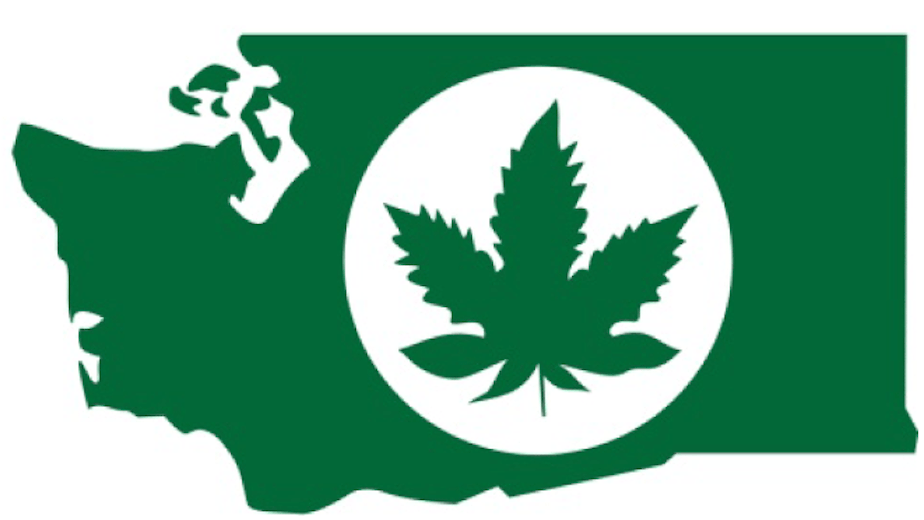Lottery For Pot Retailers Draws Criticism

A random drawing: That’s how the Washington State Liquor Control Board proposes choosing applicants for marijuana retail licenses. And it’s drawing major criticism from existing medical marijuana providers.
The Washington State Liquor Control Board just released its draft rules for regulating recreational marijuana. They lay out a framework for growers, processors and retailers under Initiative 502. One of the biggest questions has been how many licenses the board will grant. These rules don’t answer that yet, but they do say that if too many people seek a retail license, the board will hold a lottery to decide who gets to apply.
John Davis owns medical marijuana dispensaries in Seattle and heads the Coalition for Cannabis Standards and Ethics. He said that provision came as a surprise.
“Certainly if that’s in there I’m going to be doing some lobbying,” Davis said. With a “lotto system, everyone and their dog’s going to come in and apply for a license whether they know anything or not.”
Davis said people with experience in medical marijuana are in the best position to succeed as retailers. Sean Green is another aspiring retailer. Currently he owns two dispensaries, one in Seattle and one in Spokane. He had hoped to position himself to transition into a state-licensed store, and was alarmed to learn of the potential random drawing. “Being invested in this with my heart and soul and the last two years of my life, to consider that we may not potentially get a license to continue operating is a bit of a concern,” he said.
Sponsored
The rules give an overview of what the new licensed retail stores might look like. They’ll have warning signs prohibiting public consumption and those under 21 on the premises. They’ll also have lots of warning labels on the marijuana-infused products themselves. And the state is also cracking down on so-called “organic” marijuana. Sean Green said it’s a common label these days. “It is thrown around a little bit loosely,” he said.
But under the new rules, vendors can’t call something organic unless it’s certified by the state agriculture department. John Davis said that certification doesn’t exist yet.“Right now the term is meaningless,” he said, because “no one will currently certify cannabis. And that may change in the future, but I think that regulation is appropriate.”
The new rules also govern how processors get rid of plant waste – the state wants growers and processors to mix any remains of marijuana plants with other trash to make sure it’s “unusable.” Initial feedback on these proposed rules is due by June 10. The state could start granting licenses after Dec. 1.

